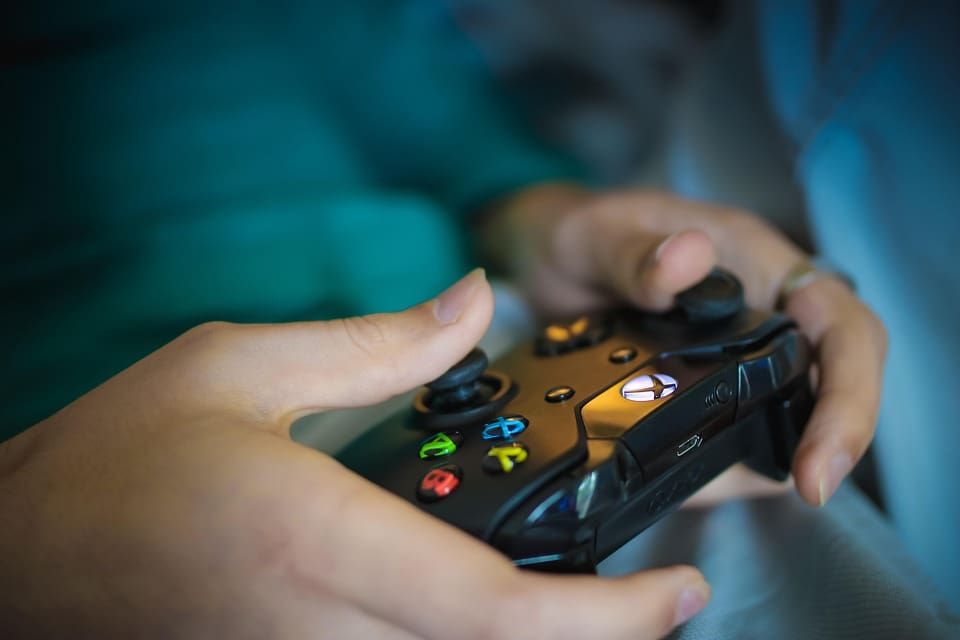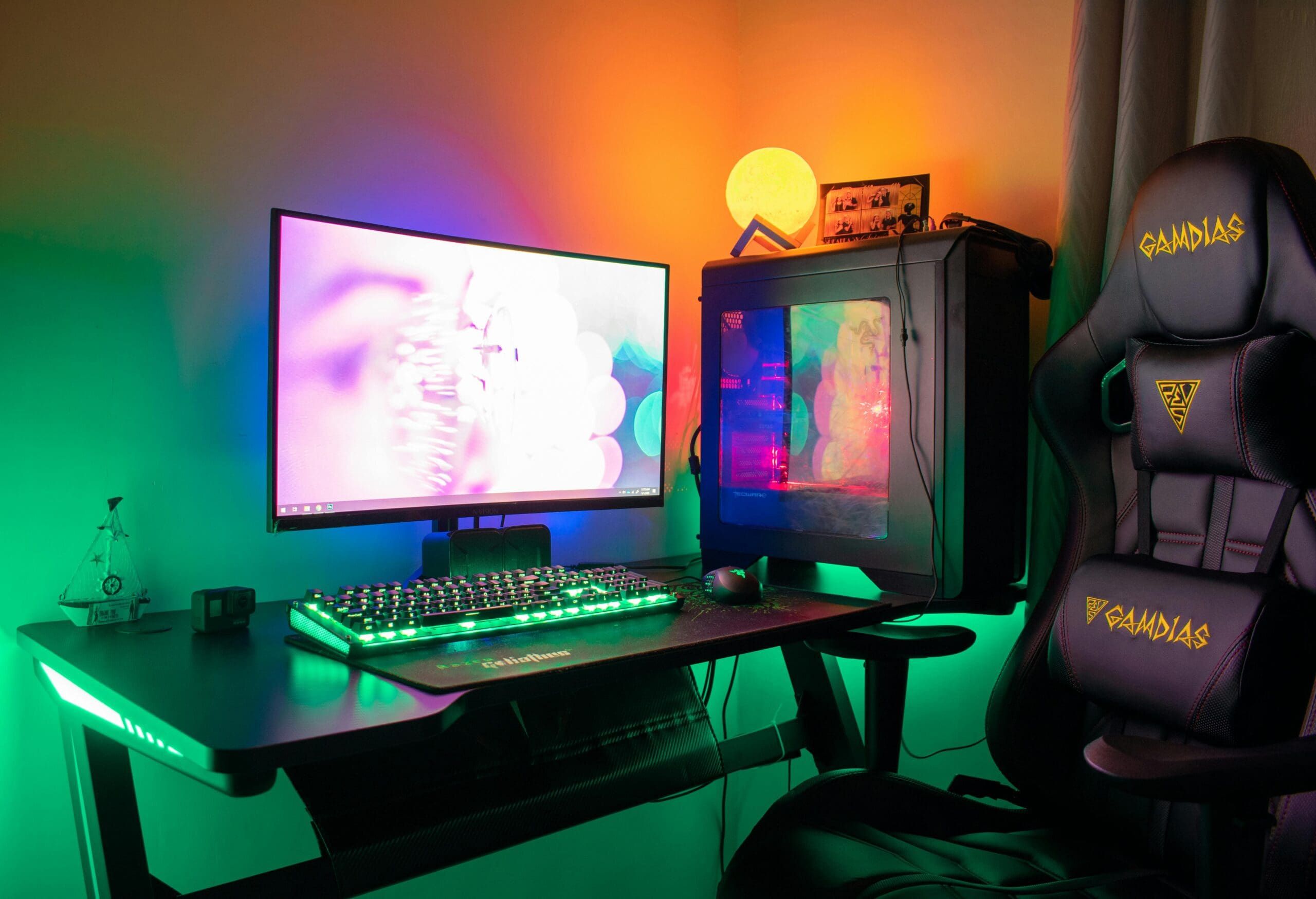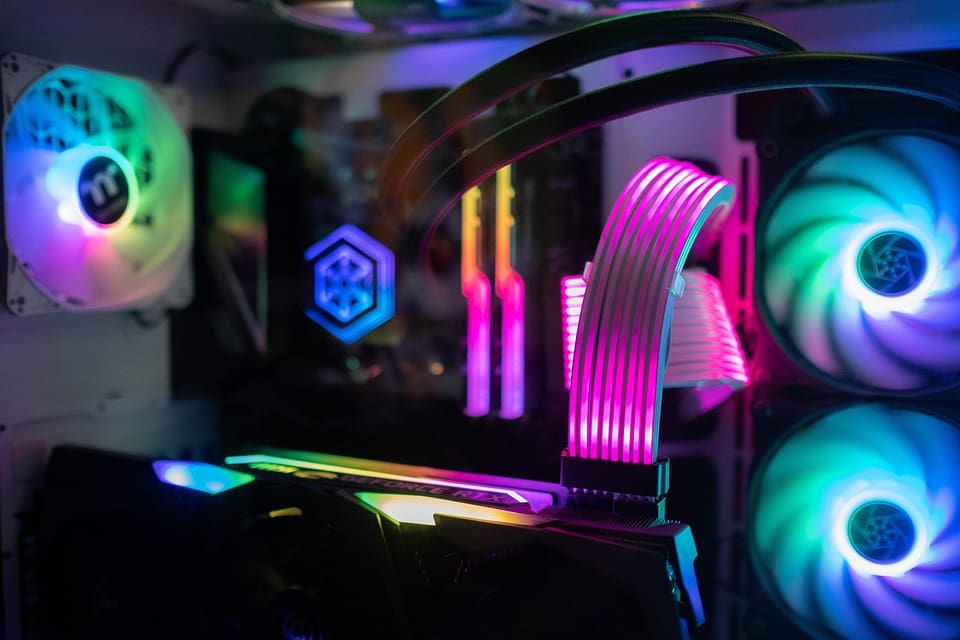Introduction
Gaming PCs are a popular choice for gamers who want the best performance and graphics quality. However, like any other piece of technology, they require proper setup, maintenance, and troubleshooting to ensure they run smoothly. In this guide, we will cover the top troubleshooting tips for gaming PC enthusiasts to help you get the most out of your gaming experience.
Why This Topic Matters
Understanding how to troubleshoot your gaming PC is essential for gamers who want to optimize their system for peak performance. Here are a few reasons why this topic is important:
- Performance Impact: Proper troubleshooting can help improve FPS, reduce load times, and ensure your system runs smoothly.
- Common Issues: Many gamers face common problems like overheating, crashes, and performance issues that can be resolved with the right troubleshooting techniques.
- Long-Term Benefits: By maintaining and troubleshooting your gaming PC, you can extend its lifespan and ensure it continues to perform well for years to come.
Step-by-Step Guide / Essential Tips
1. Keep Your Drivers Up to Date
One of the most important things you can do to troubleshoot your gaming PC is to keep your drivers up to date. Graphics card drivers, in particular, are crucial for optimal performance in games. Make sure to regularly check for updates from your graphics card manufacturer and install them as soon as they are available.
2. Monitor Your Temperatures
Overheating is a common issue that can cause your gaming PC to slow down or even crash. Make sure to monitor your temperatures while gaming using software like HWMonitor or MSI Afterburner. If your temperatures are consistently high, consider improving your cooling system or reapplying thermal paste to your CPU.
3. Optimize Your Game Settings
If you are experiencing performance issues in a specific game, try adjusting the graphics settings to see if it improves. Lowering the resolution, turning off anti-aliasing, or reducing the quality of shadows can all help improve performance without sacrificing too much visual fidelity.
Common Mistakes to Avoid
- Not Cleaning Your PC Regularly: Dust and debris can build up inside your PC and cause it to overheat. Make sure to clean your PC regularly to prevent this from happening.
- Ignoring Software Updates: Updates to your operating system or game launcher can sometimes improve performance or fix bugs that are causing issues.
- Overclocking Without Proper Cooling: Overclocking can improve performance, but it can also generate more heat. Make sure you have adequate cooling before overclocking your components.
Advanced Optimization Tips
For more experienced users looking to squeeze every last drop of performance out of their gaming PC, here are a few advanced optimization tips:
- Overclocking your CPU and GPU for additional performance.
- Adjusting your RAM timings and voltage for better stability.
- Using custom fan curves to optimize your cooling system for maximum efficiency.
Final Thoughts
By following these troubleshooting tips, you can ensure that your gaming PC runs smoothly and performs at its best. Whether you are a beginner or an experienced gamer, knowing how to troubleshoot common issues and optimize your system is essential for a great gaming experience. Remember to regularly maintain your PC, keep your drivers up to date, and monitor your temperatures to prevent any issues from arising.
💬 What has been your biggest challenge with troubleshooting your gaming PC? Share your experiences in the comments below!


